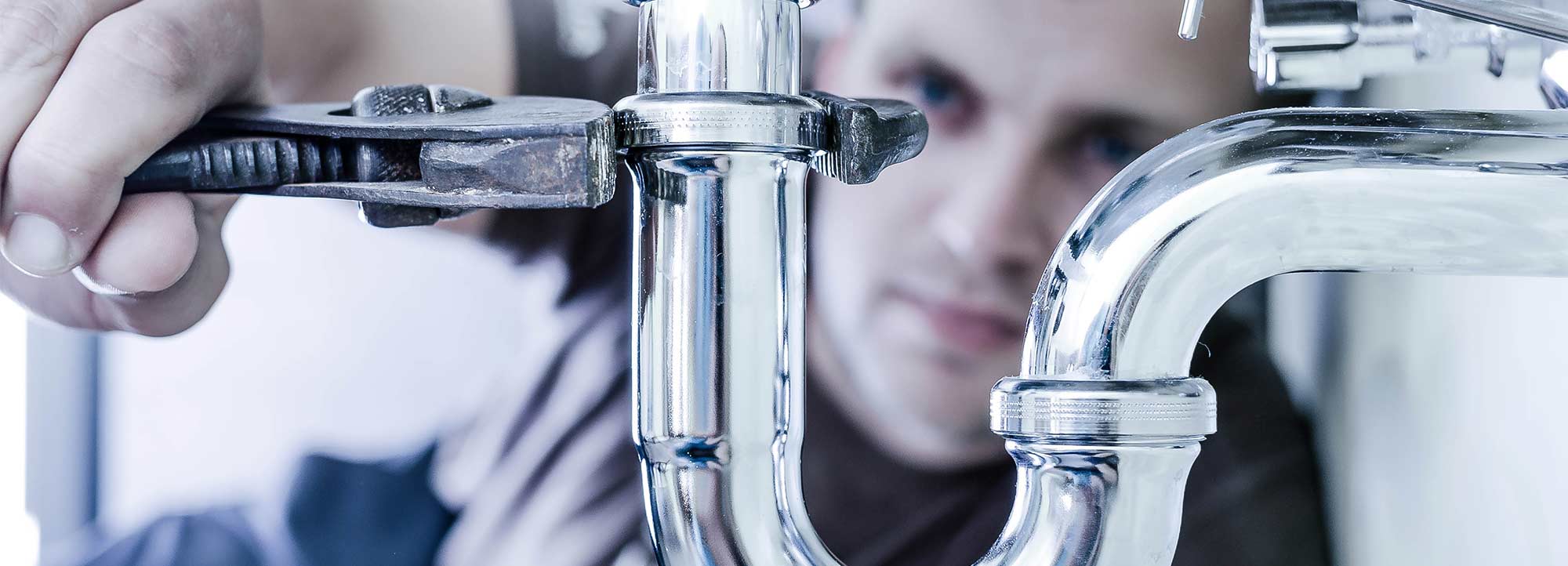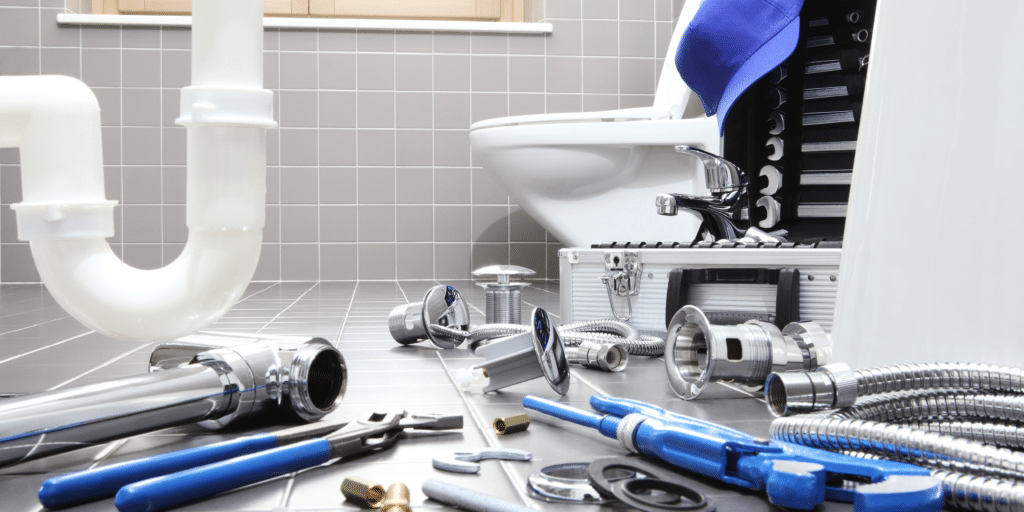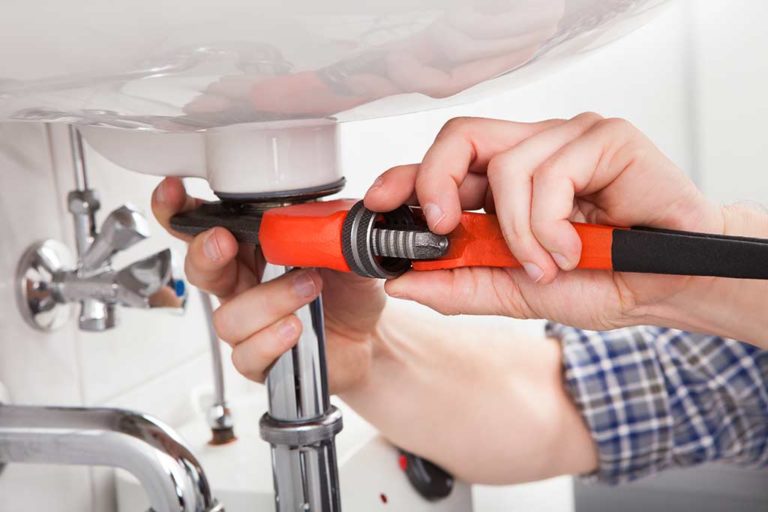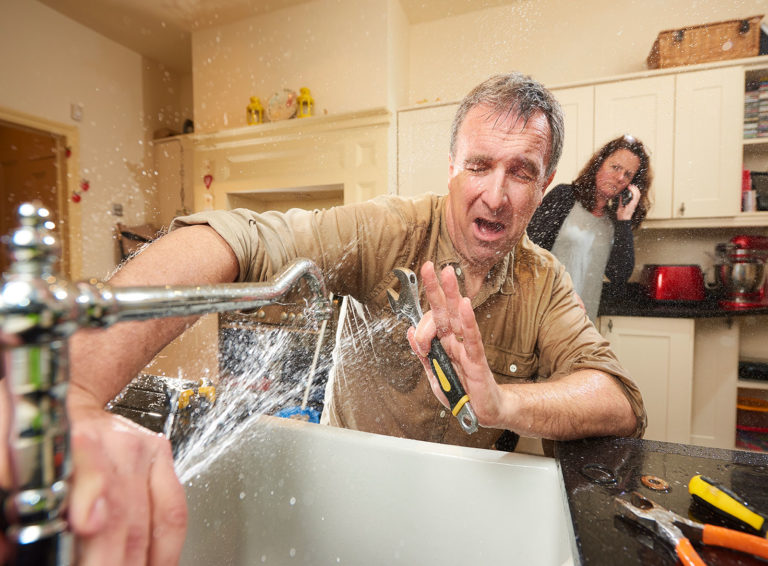How often should I have my plumbing inspected?

Have your plumbing inspected every one to two years to keep your pipes healthy and avoid expensive plumbing repairs.
When was the last time a professional check your home’s plumbing system? If it’s been a while, then you’re not alone. In fact, the only time that most people call a plumber is when there’s an emergency, whether it involves a busted pipe, a running toilet or a sink or shower that stubbornly refuses to drain.
Having your plumbing inspected on a regular basis can head off these and other plumbing emergencies. Most experts recommend a plumbing inspection every two years for newer homes and annually for older homes.
There are plenty of reasons for a plumbing inspection:
- You’re buying a new home and want greater peace of mind about its plumbing system
- Your current home is surrounded by mature trees and you want to prevent root intrusions from causing serious plumbing problems
- Your home was built before 1960 and your plumbing system uses steel pipes
How Plumbing Inspection Helps Your Home
Every part of your home’s plumbing system, including the fixtures and appliances attached to it, experiences wear and tear to varying degrees. Such wear and tear can show itself in ways you might not notice until it’s too late and the worst happens. For instance, a slow drain can be a prelude to a bigger issue if left unchecked.

An annual or biennial plumbing inspection can catch many of these issues before they evolve into something that damages your home, not to mention your wallet. These include minute cracks and leaks that a DIYer will miss, but an experienced plumber can easily spot and quickly address.
Regular plumbing inspections also ensure that your appliances and fixtures work as intended. For instance, you won’t be caught off-guard by a hot water leak or struggle with a slow-draining sink or shower when your plumbing is checked regularly.
A plumbing inspection may cost you a bit of money right now, but it’ll save you hundreds or even thousands of dollars in emergency repairs.
How We Check Your Plumbing System
Here’s a brief summary of what your plumber will do during a typical plumbing inspection:
- Check your pipes for any signs of leaks or cracks
- Look inside of your drains and pipes using a specialized camera
- Check your toilets for leaks and other issues
- Inspect plumbing connections with your water heater, washer and other water-reliant appliances
- Check for lead and other heavy metals that could affect your water quality and overall health
When you’re ready for a plumbing inspection, make sure to choose a licensed and qualified plumber with the right tools and the experience to carry out a comprehensive inspection.
Keeping Your Plumbing Healthy Between Inspections
As a homeowner, you can take proactive steps towards protecting your home against plumbing catastrophes between plumbing inspections. These steps include being vigilant when it comes to your plumbing system’s overall health. Strange noises or an unusually high water bill are often signs of impending plumbing problems.
Other steps include using drain covers to keep stray hairs from clogging your drains. You should also avoid activities that could potentially damage your plumbing, including the use of caustic or corrosive drain cleaners.



